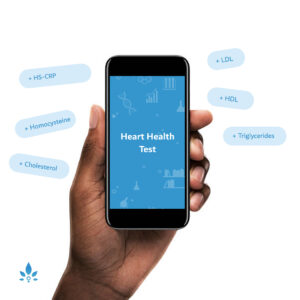What is Social Communication Disorder?


If your child is having communication issues, it’s only natural to wonder: “Is it autism or could it be something else?” Instead of autism, some children are being diagnosed with social communication disorder.
Social communication disorder (SCD) is a new diagnosis included in the recently published Diagnostic and Statistical Manual of Mental Disorders. Considered a language disorder, it shares some similarities with autism; however, it is not considered part of autism spectrum disorder. Children with SCD have the same social interaction and communication (verbal and nonverbal) problems as children with autism. However, they do not have the “restrictive and repetitive behavior” seen in ASD, such as extreme resistance to change, intense fixation on objects or interests, or repetitive movements. Children with SCD demonstrate difficulties in the following areas:
Communicating in a way that is appropriate for various social situations. This includes knowing how to greet another person appropriately and how to share information with others.
Changing the way they communicate to suit their audience. For example, kids with SCD might speak the same way to an adult as they do to another child. They also may not recognize that when they’re in certain settings, such as a classroom, they should communicate differently than when they’re in other settings, such as on a playground. They might communicate in a way that is too formal for the situation, making them sound awkward.
Understanding that conversations have rules, including turn-taking, clarifying when misunderstood, and interpreting the verbal and nonverbal cues that listeners give during social interaction.
Being able to infer what others are talking about when they don’t explicitly state the meaning. Children with SCD may interpret everything literally and fail to understand jokes, metaphors, and idioms.
These difficulties begin in early childhood but may not be fully recognized until a child is faced with situations with greater social demands, such as starting school. As a result of these difficulties, children with SCD will have trouble building relationships with others and may be socially isolated.
If you have concerns about your child’s social communication skills, be sure to discuss them with your pediatrician. Because SCD has some traits in common with ASD, it’s important to rule out autism as a cause. Your pediatrician can refer your child to the appropriate specialists for further evaluation if necessary.
Sources:
- Psychiatric News
- DSM-5 provides new take on Neurodevelopment disorders.
Powered by Bundoo®












































